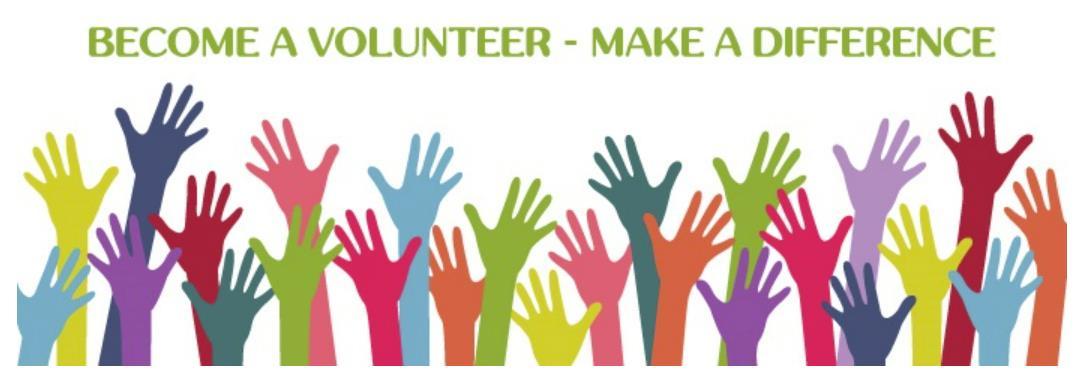
3 minute read
FOCUS MATERNAL & CHILD HEALTH
How Rotary Makes Help Happen

Advertisement
Rotary provides education, immunizations, birth kits, and mobile health clinics. Women are taught how to prevent mother-to-infant HIV transmission, how to breast-feed, and how to protect themselves and their children from disease.
Linked through sister cities, Rotarians save newborns in Brazil.
By Vanessa Glavinskas Photographs by Robert Gill
A mother is in labor, and she’s frightened. Her baby isn’t due for three months. The closest hospital is 30 miles away, and although she makes it there in time, the baby is born weighing barely 2 pounds.
And there’s another problem.
The hospital’s neonatal intensive care unit has only seven incubators, and all are in use, so the baby must be transferred to another hospital to receive the critical care he needs. If he survives the transfer, his parents will need to find a way to make trips to that hospital for months.
Many new mothers were facing similar situations at Dr. Leopoldo Bevilacqua Regional Hospital, a state-run facility in Brazil’s Ribeira Valley. Lack of equipment meant some of the hospital’s most vulnerable newborns had to be transferred, which was a factor in São Paulo state’s high infant mortality rate.
By adding five incubators to the NICU, the hospital nearly doubled the number of babies its nurses and doctors can care for.
“There are two realities here: people who can pay for a private hospital and those who can’t,” says Lina Shimizu, who spearheaded the project for the Rotary Club of Registro-Ouro, Brazil. Those who can’t, she says, often have to travel long distances to get to a state-run hospital such as Leopoldo Bevilacqua, which serves 24 towns.
The Rotary Club of Registro-Ouro and the Rotary Club of Registro partnered on a Rotary Foundation global grant with two clubs in Nakatsugawa, Japan.
Through the partnership, Brazilian Rotarians raised $172,500. They funded equipment including five incubators for the hospital’s neonatal intensive care unit (NICU), which nearly doubled the hospital’s capacity to care for fragile newborns.

In 2013, 129 babies were admitted to the NICU; since the completion of the project, the hospital has been able to care for about 220 babies per year.
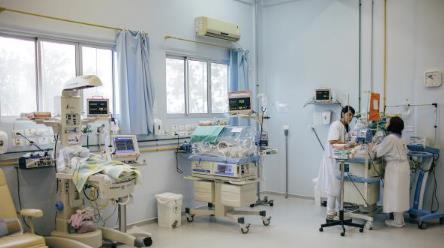
Other equipment provided through the grant included five ventilators, a bilirubin meter, three heated cribs, five vital-sign monitors, and a super LED microprocessed phototherapy unit to treat babies with jaundice. The grant also funded the cost of publicity to inform residents about prenatal care workshops conducted by area health workers. The publicity campaign aimed to reach mothers in remote areas who may not know what services are available to them or about the importance of prenatal care and breast-feeding.
The Rotary clubs also used the grant to launch a publicity campaign on importance of prenatal care and breastfeeding.
This global grant marked a turning point for Rotarians in Nakatsugawa, who had stopped contributing to international projects after experiencing difficulties on a past grant.
The difference this time was in the relationship between the cities of Registro and Nakatsugawa, which established a “sister city” affiliation in 1980.
Rotarians from both cities meet regularly to foster their friendships, alternating between Brazil and Japan, and because of their close relationship, the Japanese Rotarians felt confident that their financial contributions to the project would be managed well. In addition, Shimizu, who is of Japanese descent and speaks fluent Japanese, helped build trust and effective communication.
A group of Japanese Rotarians visited the NICU after the project was completed. “After 37 years,” says Mitsuo Hara, a member of the Rotary Club of Nakatsugawa, “there’s a friendship and bond between Rotary members of both countries.”
Click here to read more.
Keeping children alive during their first year. Rotary members teach mothers how to breast-feed, promote immunizations and regular checkups, and distribute insecticide-treated bed nets.
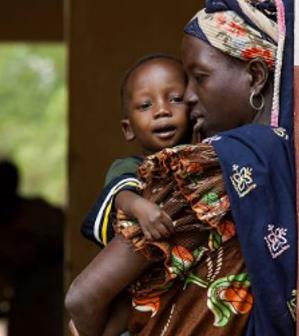
Sustainable programs. Rotary programs improve women’s access to skilled health personnel: doctors, nurses, midwives, or community health care workers.
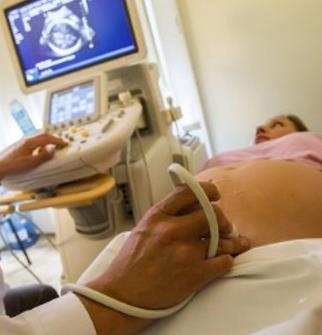
Clean births. Rotary members distribute clean birth kits and train health workers in safe delivery of babies
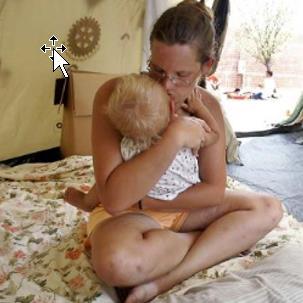

Since it was founded more than 100 years ago, the Foundation has spent more than $4 billion on life-changing, sustainable projects.
With your help, we can make lives better in your community and around the world. Our mission
The Rotary Foundation helps Rotary members to advance world understanding, goodwill, and peace by improving health, providing quality education, improving the environment, and alleviating poverty.

What impact can one donation have?
• For as little as 60 cents, a child can be protected from polio.
• $50 can provide clean water to help fight waterborne illness.
• $500 can launch an antibullying campaign and create a safe environment for children.
Donate Now
How do you want to get involved in the causes you’re most passionate about?
